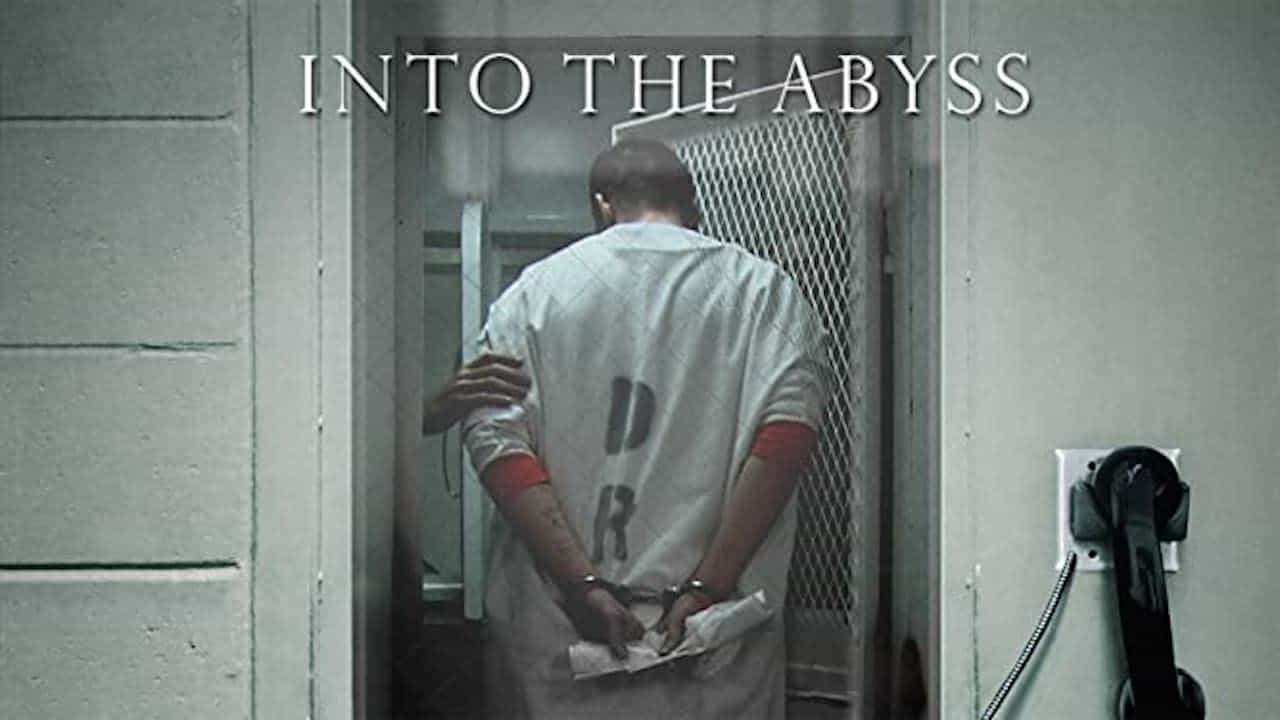Into the Abyss
Into the Abyss powerful and thought-provoking look at capital punishment through the lens of a triple homicide case in Montgomery County, Texas. Directed by Werner Herzog, it focuses on the aftermath of a brutal crime that occurred in 2001, where 50-year-old nurse Sandra Stotler, her grandson Adam, and Adam’s friend Jeremy Richardson were murdered.
The documentary centers on interviews with the two young men convicted of the crime: Michael Perry, who received a death sentence, and Jason Burkett, who was given a life sentence. Herzog conducts these interviews just days before Perry’s scheduled execution, providing a stark and intimate portrayal of individuals facing the ultimate punishment.
Herzog’s approach to the subject matter is notably objective. While he states his personal opposition to capital punishment, the film does not serve as an activist piece. Instead, it offers a nuanced exploration of the human aspects surrounding the case, including the impact on the victims’ families, the perpetrators’ backgrounds, and the broader implications for society.
Into the Abyss extends beyond the immediate case to include conversations with a diverse range of individuals connected to the criminal justice system. These include family members of both the victims and the convicted, law enforcement officials involved in the investigation, and even a chaplain and former death house worker who had participated in numerous executions.
The film’s title, which Herzog notes could apply to many of his works, aptly captures the profound and often disturbing nature of the subject matter. By presenting multiple perspectives, the documentary encourages reflection on the complexities of crime, punishment, and the value of human life.
Herzog’s signature style is evident throughout the film. His voice can be heard conducting the interviews, but he never appears on screen. This approach allows the subjects to speak for themselves, creating a raw and unfiltered portrayal of their experiences and emotions.










